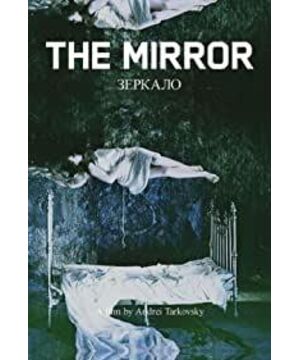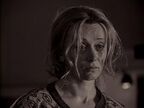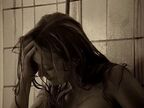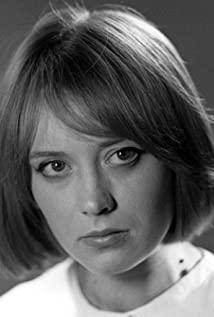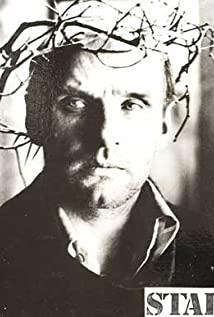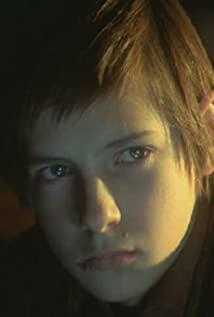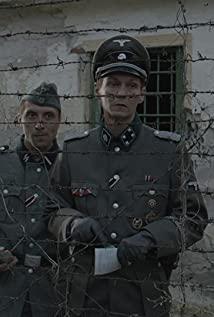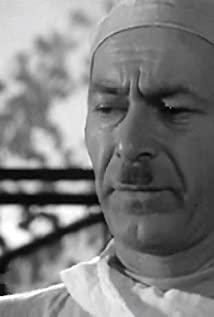[Tarkovsky Part 2] "Don't imagine "The Mirror" too complicated, it is just a straight-line simple story, there is no more reading than this." Although Tarkovsky said, But for the audience, the film is undoubtedly "non-narrative" and jumping.
This is an autobiographical film, and the story basically comes from the director’s experience—the baptism of war, the departure of his father, and his dependence on his mother (the poems in the narration are written by his father and read aloud by himself, and the aged mother also plays the role of his own mother. ). This kind of emotional experience may be difficult to resonate, but the oil painting-like film images and the poetic jumping narrative are impressive.
The deepest memory is the last part of the view of my mother in the field. The father asked the mother: do you want a boy or a girl. The mother smiled without saying a word. She seemed helpless but thoughtful. She turned her head and looked at the distant fields. The evening light fell on her blond hair. Bach's "John Passion" chorus also sounded at this time. She saw her old self standing in the field with her two young children. The moss was covered with rocks, and the crimson was already stained with rotten wood. Those shattered memories seemed to be irretrievable. But her old self is not old. She walks vigorously through the dilapidated broken walls and holds the hands of the young children, as if they are the continuation of new life. The camera shot back to the current mother again. She turned her head and bit her lip. She seemed to know that the road ahead was difficult, she seemed to know that she would eventually be separated from the person next to her, and she also seemed to understand that life was destined to be lonely. For a moment, unstoppable tears flowed down. Aged, she continued to walk in the field, the camera slowly zoomed out, and the chorus stopped. After a cry, the camera silently passed through the woods, the afterglow slowly faded, the light and shadow disappeared, and darkness came.
In fact, the pictures of the film do not need to be explained too much, the language is pale, and the logic is to a certain extent delimiting the irrational boundaries. Camus has long said that the absurd is a gap that cannot be bridged between rationality and irrationality. But it is precisely because of this that there is art, poetry, and this poetic film by Tarkovsky!
View more about Mirror reviews


